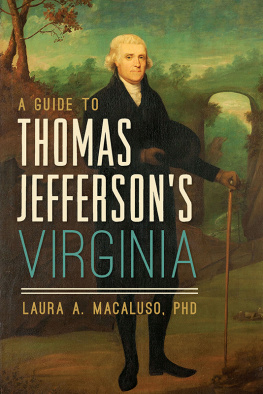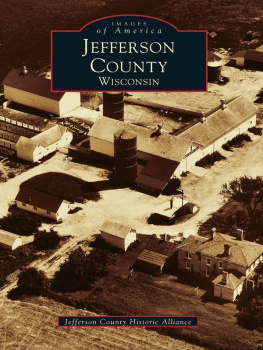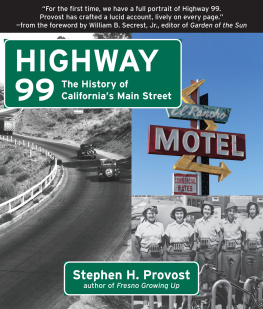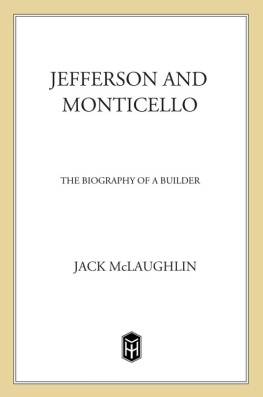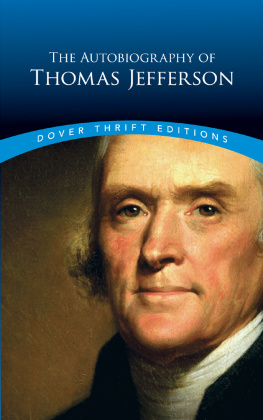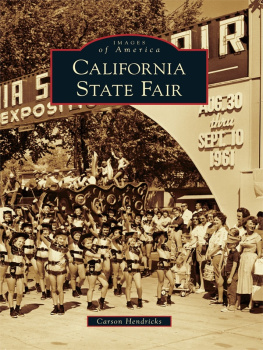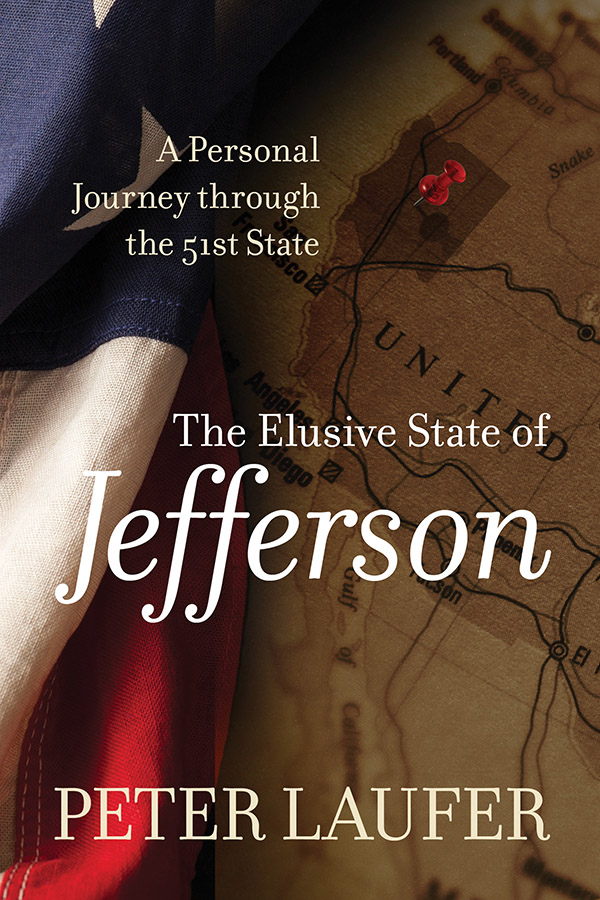Made in Mexico (illustrated by Susan L. Roth)
Copyright 2013 Peter Laufer, PhD
ALL RIGHTS RESERVED. No part of this book may be reproduced or transmitted in any form by any means, electronic or mechanical, including photocopying and recording, or by any information storage and retrieval system, except as may be expressly permitted in writing from the publisher. Requests for permission should be addressed to Globe Pequot Press, Attn: Rights and Permissions Department, PO Box 480, Guilford, CT 06437.
TwoDot is an imprint of Globe Pequot Press and a registered trademark of Morris Book Publishing, LLC.
All photographs by author unless otherwise indicated
Project Editor: Tracee Williams
Layout: Sue Murray
Map by Melissa Baker Morris Book Publishing, LLC
Library of Congress Cataloging-in-Publication Data
Laufer, Peter.
The elusive state of Jefferson : a personal journey through the 51st
state / Peter Laufer, PhD. First edition.
pages cm
Includes bibliographical references and index.
E-ISBN 978-1-4930-0448-5
1. California, NorthernPolitics and government. 2. OregonPolitics
and government. 3. Statehood (American politics) 4. California,
NorthernDescription and travel. 5. OregonDescription and travel. 6.
EnvironmentalismCalifornia, Northern. 7. California, NorthernSocial
conditions. 8. OregonHistory20th century. 9. California,
NorthernHistory20th century. I. Title.
F867.5.L38 2013
979.4'053dc23
2013015002
For Sheila, as always,
with love for putting me in such a state
All we ask is to be left alone.
Jefferson Davis, from his Inaugural Address as president of the Confederacy, 1861
I want to be alone .
Greta Garbo, playing Grusinskaya in the film Grand Hotel, 1932
This is not the last of it .
General Jefferson Columbus Davis, moments prior to shooting his superior officer, 1862
The sheep are happier of themselves, than under the care of wolves.
Thomas Jefferson, in a 1787 letter to William Stevens Smith
C ONTENTS
W HAT I S J EFFERSON ?
After the 2012 presidential election, hundreds of thousands of Americans from all fifty states signed secession petitions, setting off a flurry of media declarations that a neo-secessionist movement was underway. Because such movements have come and gone throughout the history of this country, I wonder if the desire to break from the pack, to redraw lines, to question our allegiances, is somehow hardwired in the American mind. No matter how we espouse the virtues of working together to build better communities, we cant quite shake our identities as rugged individualists.
Nowhere has this urge for independence played out more plainly than in Oregona land of Don Berrys Trask and Ken Keseys Sometimes a Great Notion; a birthplace of direct democracy and urban growth boundaries; a place where moderate Republicanism thrived long before and after such across-the-aisle efforts were considered heroic; a geography of immense production and potential, richly festooned in a thousand shades of green to the west and a thousand shades of brown to the east. This combination of natural capital, independence, and idealism have made Oregon a stronghold in secessionist imaginings, including Ernest Callenbachs Ecotopia, David McCloskeys Cascadia, and the State of Jefferson, richly detailed in these pages by Peter Laufer, a journalist who has been fascinated by the borders and boundaries that separate and unite people.
Its no surprise that land and resources are the backdrop against which the dramas and dreams of Jeffersonians play out. Perhaps we learn best about ourselves and one another in the context of places that inspire in us a sense of loyalty and belonging, whether towering redwoods or rivers speckled with salmon and gold. These are the places that we fight over and live for. These are the places that come to represent our ideas of how we should live and who we should be. Weve had these conversations for decades in saloons and parlors, on streets and in courtrooms, in books and newspapers and, more recently, through online forums that connect us across time and space, while driving us farther away from those with whom we dont see eye to eye.
Laufers journey through Jefferson takes us both across and into the borderlands in question, but alsothrough history, stories, legends, and scienceinto the ideas that residents of the region continue to grapple with. These always-inspiring and sometimes-infuriating citizens of Jefferson have little use for the municipalities that mean to tell them who they are and to whom they belong. Instead, they carry with them a notion, at once troubling and comforting, that they are tribes of their own making and that the geopolitical lines on a map wont deter them from imagining something different.
The question we are left with after hearing their stories and struggles is an eternal one, one that we might ask everyday as citizens of this real and imagined place called America: How can we learn to live well alone and together?
Kathleen Holt
Oregon Humanities communications director and
editor of Oregon Humanities magazine
Portland, 2013
W HERE I S J EFFERSON ?
At seven years old, my son Leo became devoted to the State of Jefferson. I dont think he cared much about the argument that Sacramento and Salem represented big government infringing on the freedoms of others. And I dont even think he gave much thought to the coho salmon or spotted owl. Rather it was a sixteen-inch rainbow trout pulling on his line that made him dig his heels into the mud on the bank of the Upper Sacramento River just north of Dunsmuir. It was at that moment, with crystal clear waters below and beautiful pines above, that my son fell in love with what some people call the State of Jefferson.
As a number of people interviewed in this book have said, the State of Jefferson is more than a place; it is an idea, an idea rooted in the complicated, sometimes inspiring and other times painful history of our country. The idea of Jefferson plays itself out in northern California and southern Oregon with a seriousness and sometimes playfulness that we can learn from.
So what is the idea of Jefferson? Is the state of Jefferson, as one person says, a benign fairy tale, or is it a petri dish example of a devolving American dream, or is it something else completely? Even the name itself raises questions about the character of the region. Some say it was named after Thomas Jefferson, the third president of the United States, others say Jefferson Davis, the president of the Confederacy, and still others consider the victorious Jefferson C. Davis, the US general in the Modoc War, a candidate.



